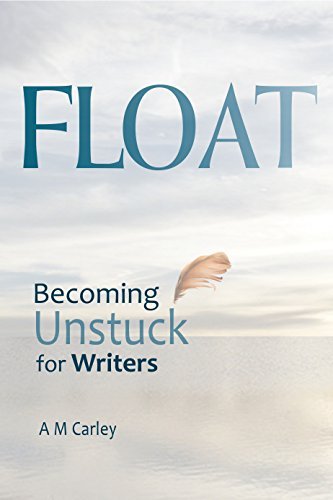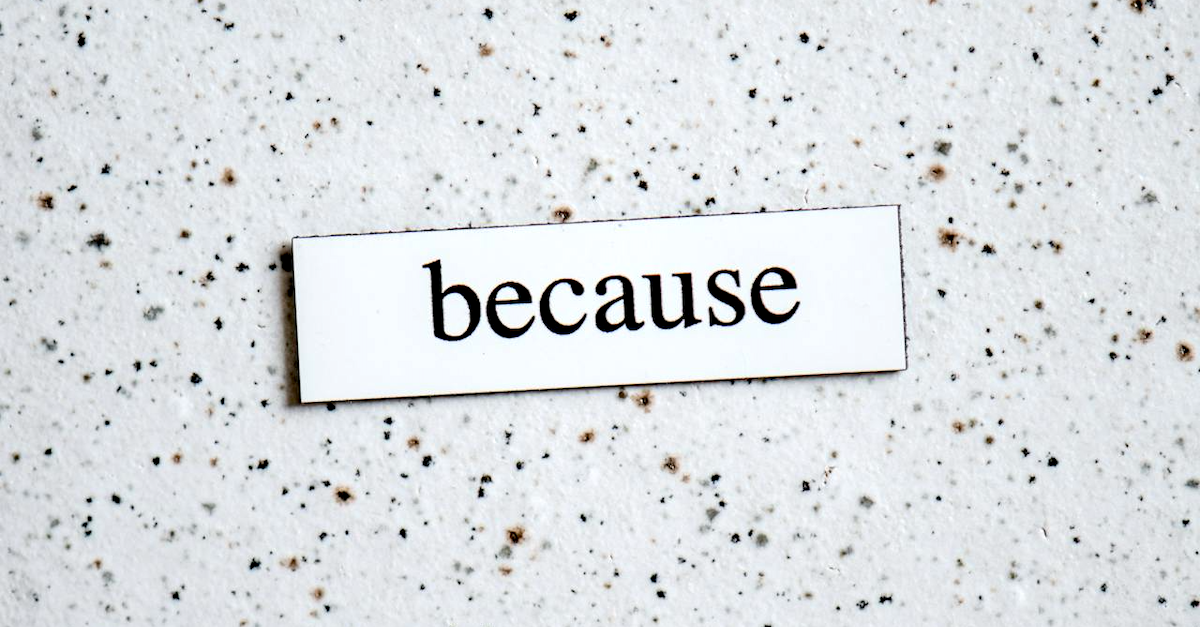Free Yourself from Rewriting Paralysis
When the revision process meanders off-course, leaving a project stranded, here are some tips for regaining momentum.


Today’s post, the fifth in a series, is by writer and creativity coach Anne Carley (@amcarley.bsky.social), author of FLOAT • Becoming Unstuck for Writers, now in its second edition.
Most of us accept the basic reality: We draft and then we rewrite. Edit, take a break (when time permits), revisit, and revise again. Sometimes, though, the revision process meanders off-course, leaving us—and our project—stranded.
Returning to our initial vision, applying reason, and using an outline are certainly useful tools. And yet. Sometimes they are not enough. A deadline focuses the mind, for sure. Walking away is a time-honored method for regaining a fresh view. And yet. For a host of reasons, many of us find ourselves needing to resolve an unfinished piece, and feeling uncomfortably stymied.
Zoom out
Becoming unstuck from this kind of paralysis can happen. One way to get out of the weeds is to pull the focus higher, to gain a broader view. Remembering the bigger picture can completely reset the way we look at the project, allowing us to resume work with fresh energy.
Accept some inevitable chaos
Another is to accept the erratic nature of the creative process, which is rarely linear or swift. Sometimes I don’t even know when a piece has started, let alone where its midpoint or end will turn out to be. A random hasty jot in a notebook can become something bigger, later. An old, discarded chunk in the file of a draft that went another direction can come to life by accident when I’m digging around in the compost files for something else.
Just do something
It can be smart to pick an arbitrary beginning point, just to start writing again somewhere, anywhere. Later, those words can be excised as throat-clearing that has outlived its usefulness, or moved elsewhere in the piece, or out to the compost heap.
Revision and optometry
I like the grace that George Saunders confers on the discomfort of rewriting: “An artist works outside the realm of strict logic. Simply knowing one’s intention and then executing it does not make good art.” He continues with a useful metaphor:
The artist…is like the optometrist, always asking: Is it better like this? Or like this?…As text is revised, it becomes more specific and embodied in the particular. It becomes more sane. It becomes less hyperbolic, sentimental, and misleading.
With each click of the imaginary phoropter (I learned a new word), Saunders is testing, word by word, line by line, trusting himself to recognize each incremental improvement, and repeating that process until the piece is good enough.
Challenge blind loyalty
For me, too much loyalty to my vision, pre-drafting, can interfere with the writing process. For example, this piece began as a post about scope creep. Once I started composing these sentences, though, it turned out to be about rewriting. A novel I’m working on began with one protagonist and her point of view. Then it changed to two of each. It’s now evolved to feature one protagonist whose experiences are interpreted by two additional POV characters.
The persistent rewriting process—sometimes with the added shake-up of getting out of the silo—makes those changes possible.
Just as Saunders suggests, it’s a process. You edit a sentence. Your inner optometrist clicks the dials. The lenses change, bit by bit, sentence by sentence, until things look—and feel—a little sharper, a little better. (I recommend his Saunders’ Office Hours Substack and Story Club, by subscription.)













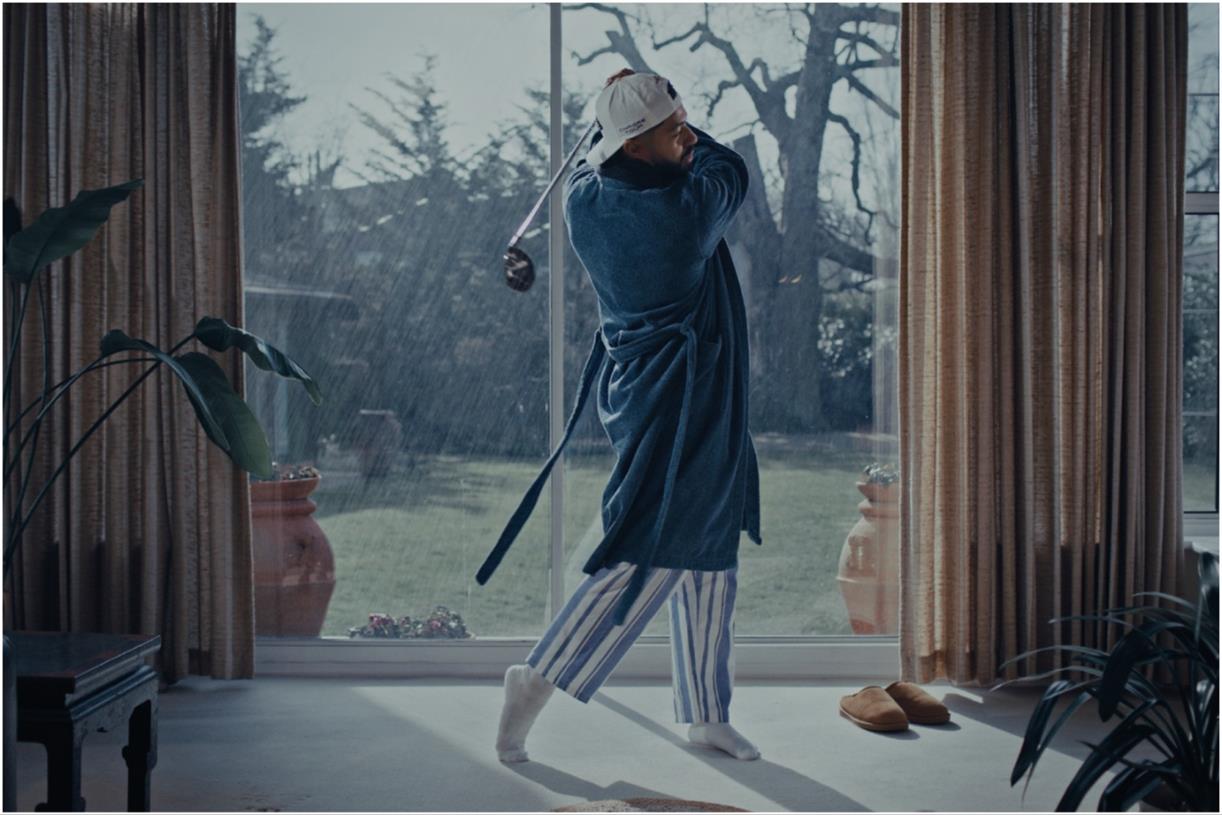

.jpg)



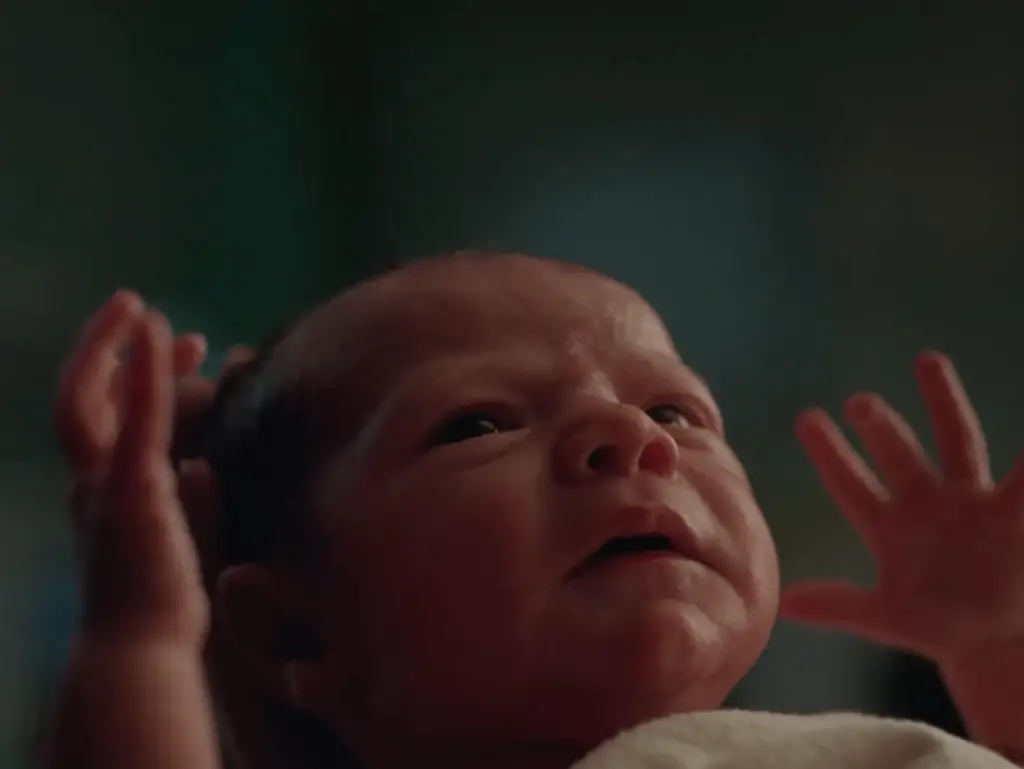
































![How Marketers Are Using AI for Writing [Survey]](https://www.growandconvert.com/wp-content/uploads/2025/03/ai-for-writing-1024x682.jpg)

















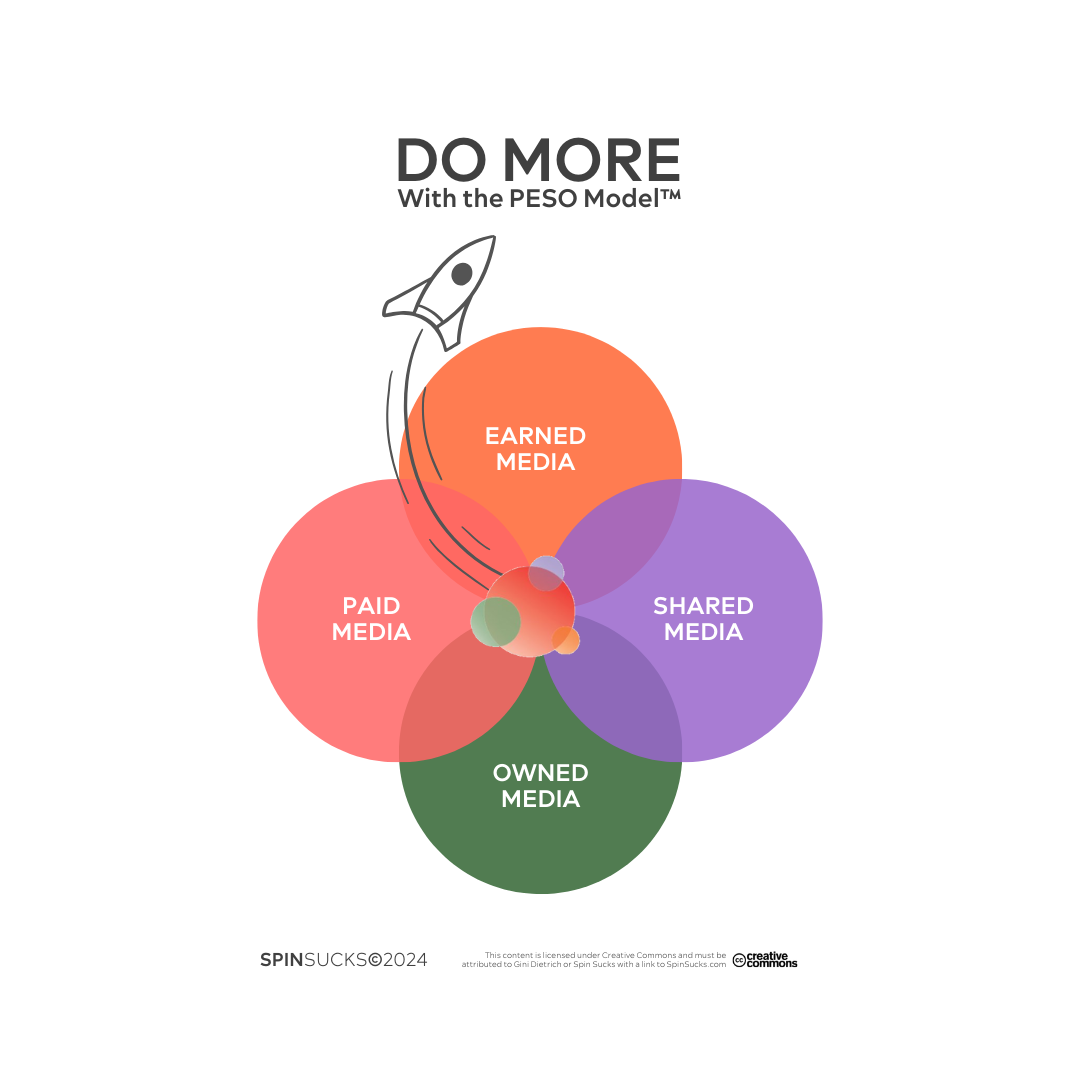


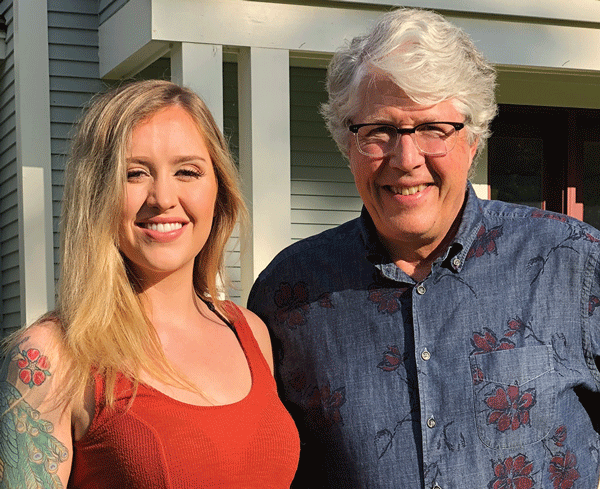
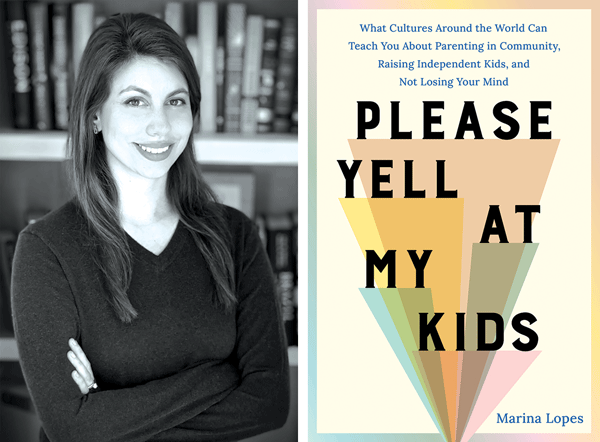













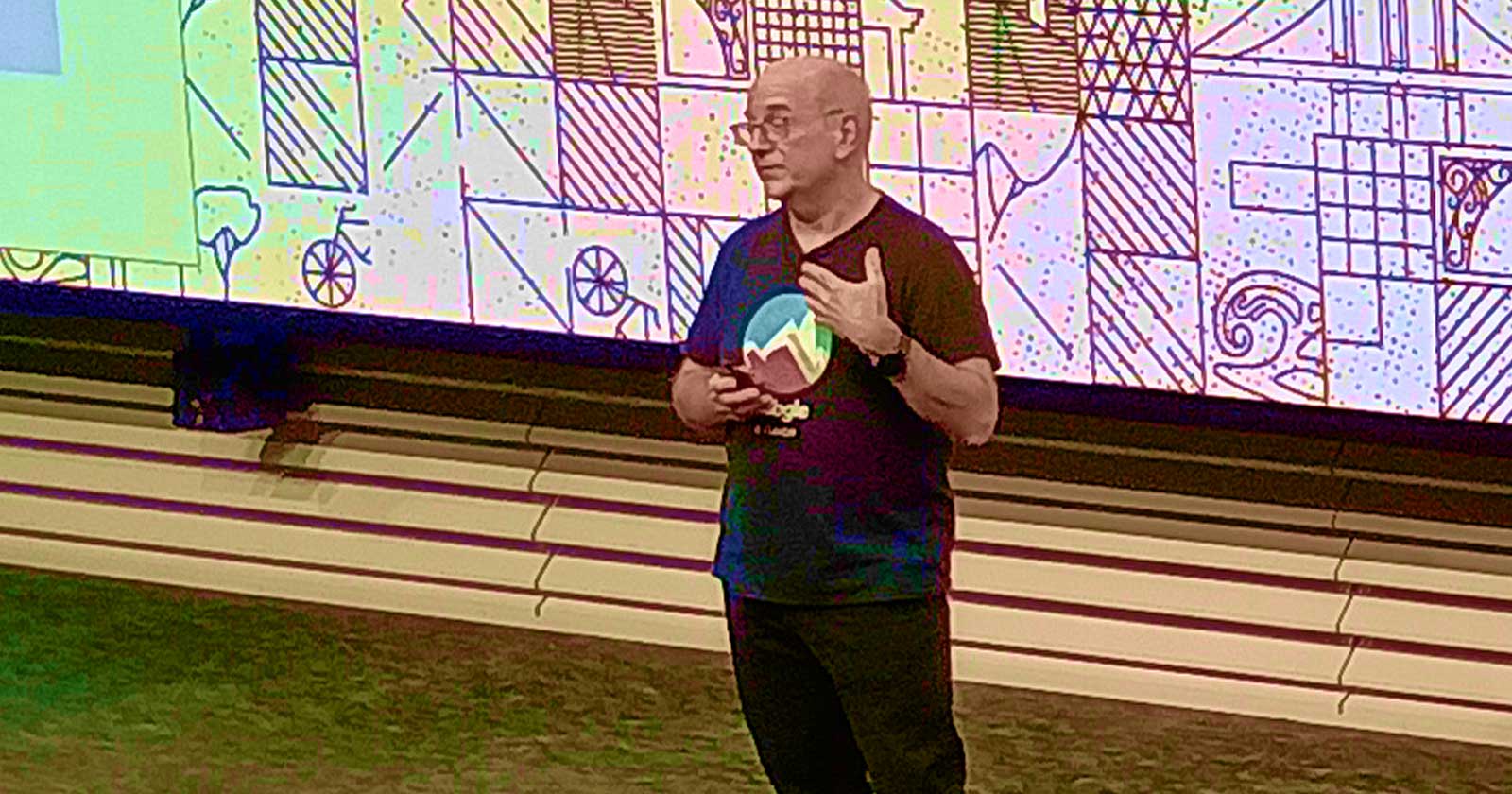


















![Best times to post on Facebook in 2025 [Updated March 2025]](https://media.sproutsocial.com/uploads/2024/04/Best-times-to-post_2024_feat-img_fb.jpg)












![311 Instagram caption ideas [plus free caption generator]](https://blog.hootsuite.com/wp-content/uploads/2022/07/instagram-captions-drive-engagement.png)

![How Conversion Funnels Create a Better Customer Journey [+ Tips to Optimize Yours]](https://www.hubspot.com/hubfs/Conversion%20Funnel.png)


![How to Create a Complete Marketing Strategy [Data + Expert Tips]](https://www.hubspot.com/hubfs/marketing-strategy.webp)

















